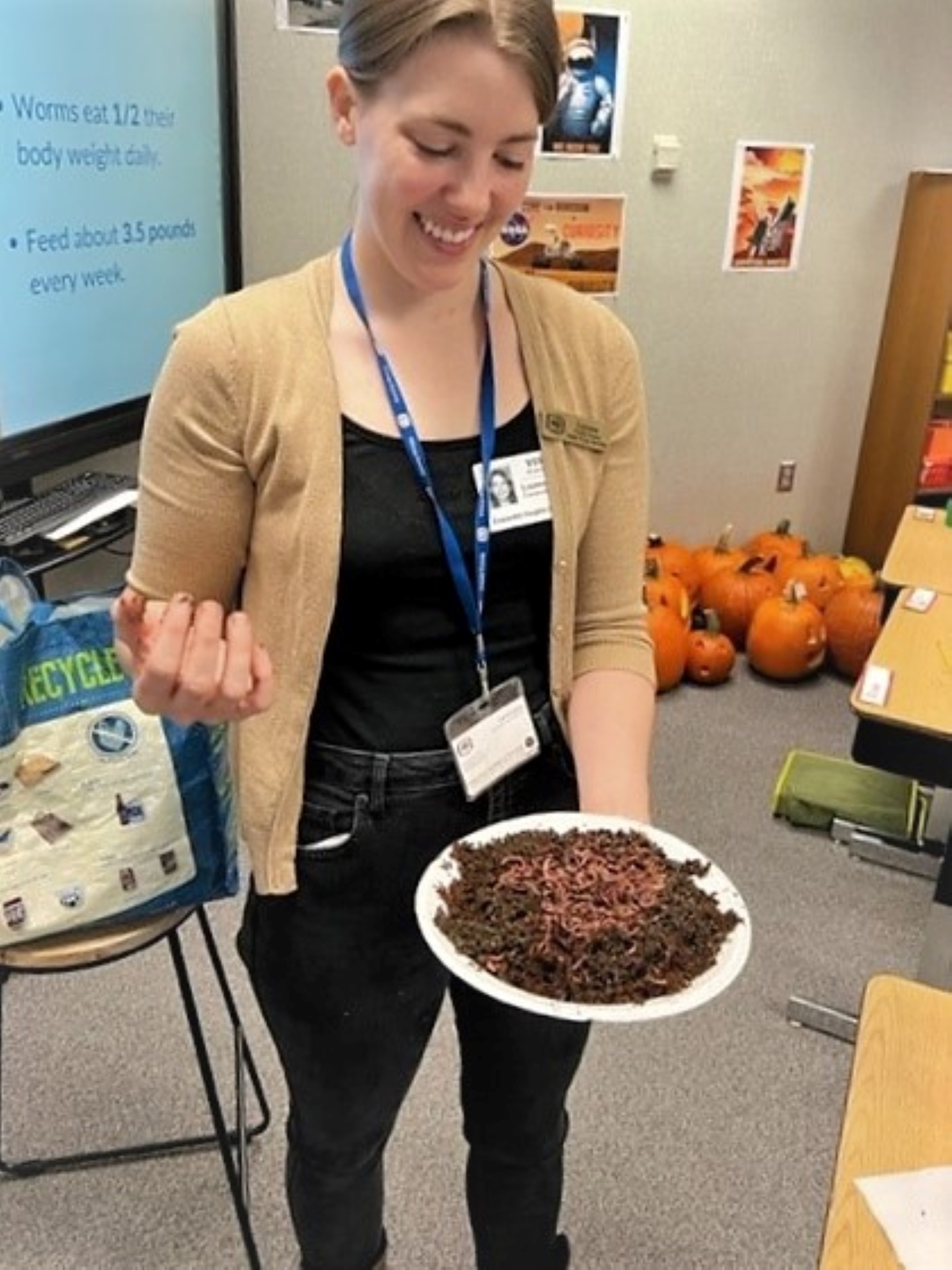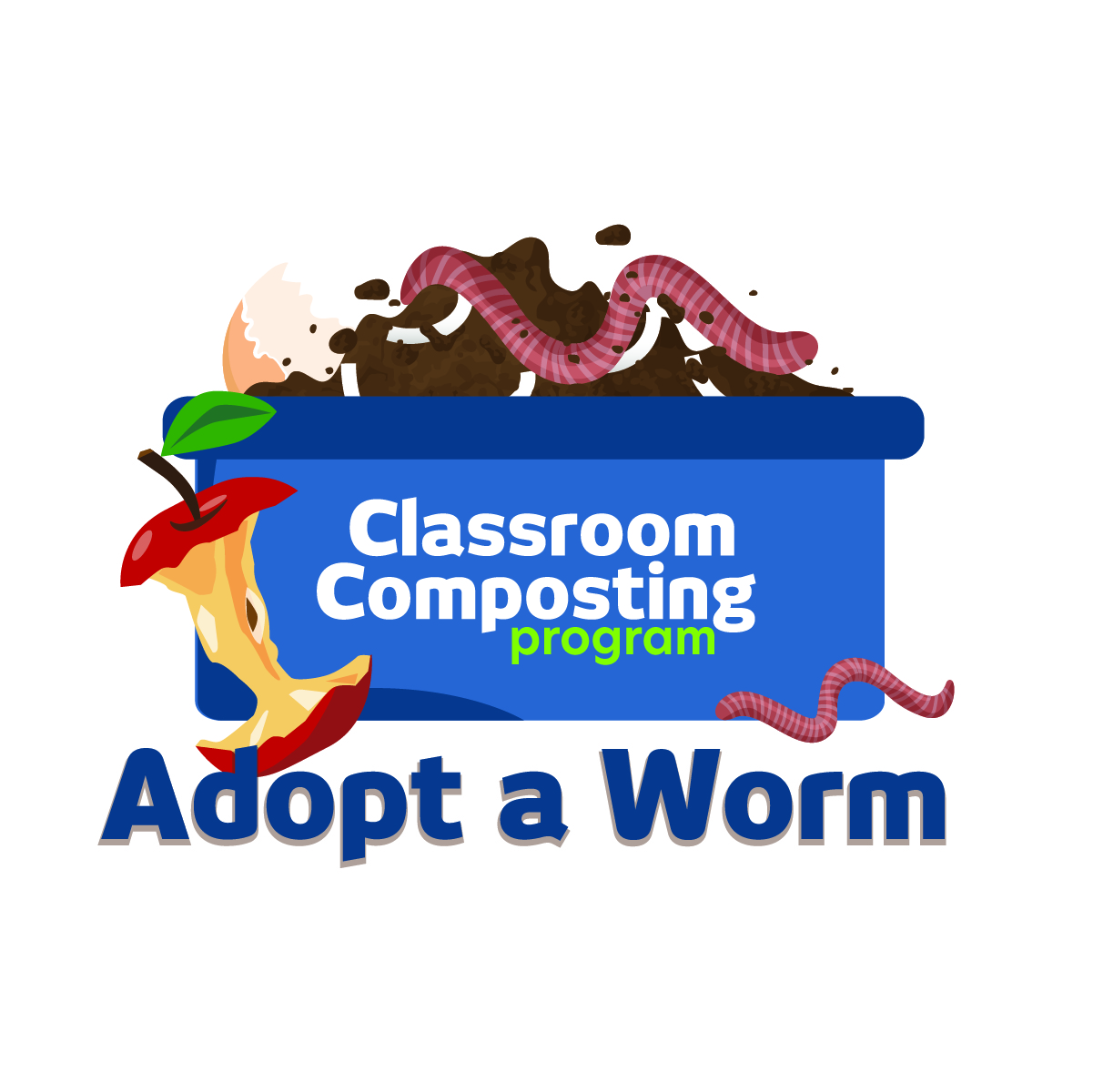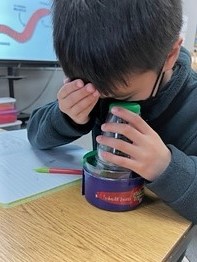
|
Red wiggler worms are looking for new homes in Kitsap County classrooms!
These worms are more than classroom pets. They are food waste reducers, environmental stewards and science teachers.

|
Why Adopt?
In the words of Ms. Frizzle from The Magic School Bus, "Take chances, make mistakes, and get messy!" Worm composting recycles food scraps into a valuable fertilizer, known as vermicompost. The process reduces the amount of food waste sent to landfills and provides multiple benefits for your garden. Worm composting is all about learning through exploration. There is no single "right way" to worm compost. Your class will figure it out over time and the worms will be resilient to your mistakes along the way. Worm composting connects the following concepts: sustainability, waste reduction, environmental stewardship, ecosystems, life cycles, habitats, food chains, decomposers, and responsibility.
| 
|
Requirements and Considerations
- Classrooms monitor the bin regularly, providing food, water, and bedding as needed. Your worms will consume approximately 2 - 4 pounds of food per week.
- Freezing or chopping food scraps speeds up decomposition, prevents unwanted bugs and reduces possible odor.
- Do not release red wiggler worms into the wild. This species is not suited to survive in garden habitats.
- If you are unable to maintain your bin over summer break, return it to the program. Your bin will be returned to your classroom the following school year if you choose.
Supplies Needed
Classroom must provide
- Fruit and vegetable scraps to feed the worms
-
Food scraps storage container
-
Shredded paper for bedding.
Do not use shiny paper, envelopes with plastic windows, or paper containing plastic.
Kitsap County provides
Resources
Learn more about Composting in Kitsap County and Youth Programs.

